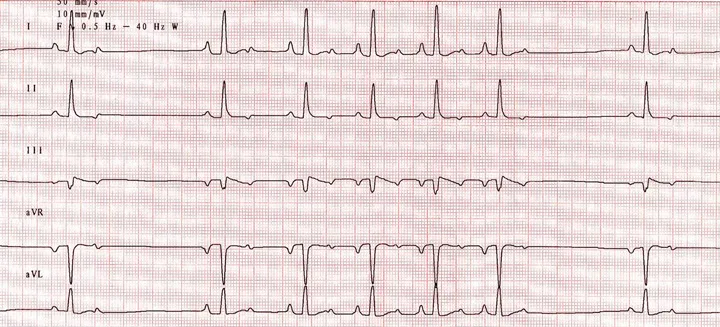Using ECGs to Fine-Tune Anesthesia in Dogs: What the Latest Research Says
When preparing a healthy dog for anesthesia, routine lab work and diagnostics are often done to minimize risk, but how much do they really influence anesthesia plans? Below, Coast to Coast Cardiology explores a recent study published in Clinician’s Brief that looks at whether incorporating electrocardiogram (ECG) results into preanesthetic assessments could impact decision-making when it comes to anesthesia, particularly in clinically healthy dogs.
The study aimed to determine whether performing an ECG before a procedure requiring anesthesia would lead to changes in a standard anesthesia protocol (premedication with methadone and an alpha-2 agonist, and induction with propofol), the need for inotropic support, or even postponement or cancellation of a procedure if deemed necessary. The study included 228 dogs with no known health issues, and researchers used a 6-lead ECG.
Surprisingly, 72 dogs (31.6%) had abnormal ECG readings. Although these abnormalities seemed prevalent, only 11 dogs—about 4.8% of the total sample—had their anesthesia plan adjusted as a result. Notably, all dogs with ECG-prompted protocol changes were among those showing abnormalities.
These findings bring up an important point: while a third of the dogs showed some form of ECG irregularity, only a small subset required any actual change to their anesthetic management. In some cases, follow-up echocardiograms were recommended, and all dogs who received them showed additional cardiac abnormalities, reinforcing the value of a deeper cardiac evaluation when initial ECG results are questionable.
One crucial factor is the use of alpha-2 agonists, a drug class known for its cardiovascular effects. The study suggests that if these agents were excluded from the standard protocol, the percentage of dogs needing adjustments due to ECG findings might have been even lower.
So, should preanesthetic ECGs be a routine part of your protocol? For young, clinically normal dogs, the research suggests it’s probably not necessary. However, for older dogs or breeds prone to arrhythmias—such as Dobermans, boxers, and German shepherds—an ECG might offer crucial insights.
In everyday practice, ECG monitoring during anesthesia induction remains a practical approach. It enables real-time detection of cardiac anomalies like severe bradycardia, allowing for prompt intervention and increased safety during procedures.
In summary, preanesthetic ECGs often won’t change the protocol or plans laid out for your pet when it comes to surgery, but in select cases, they can be game-changers.
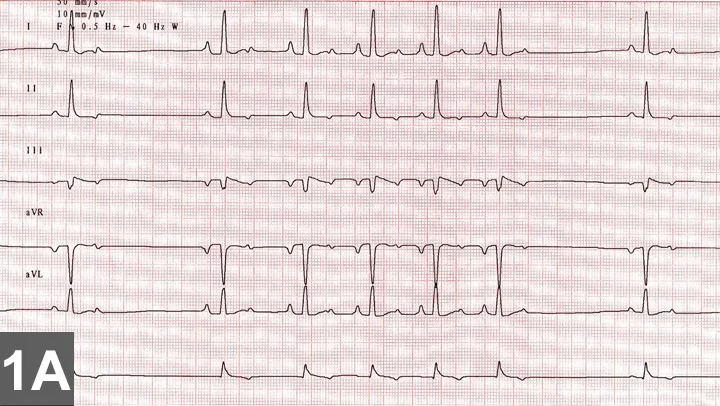
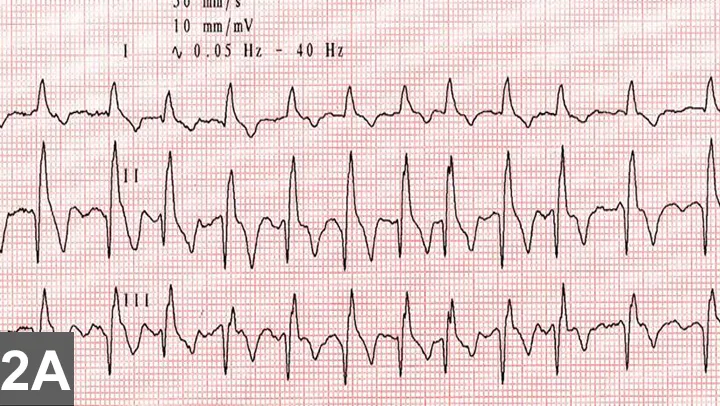
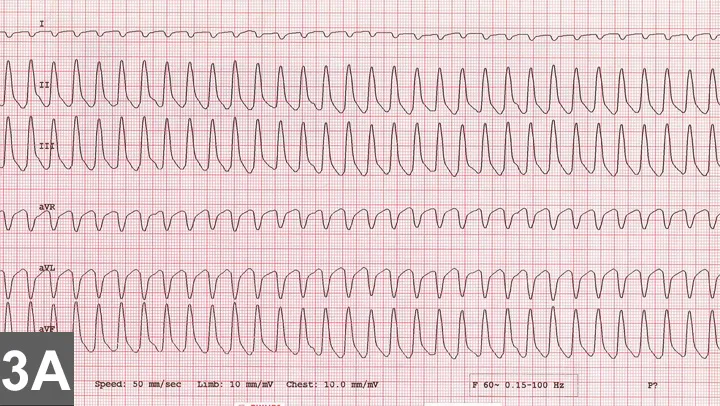
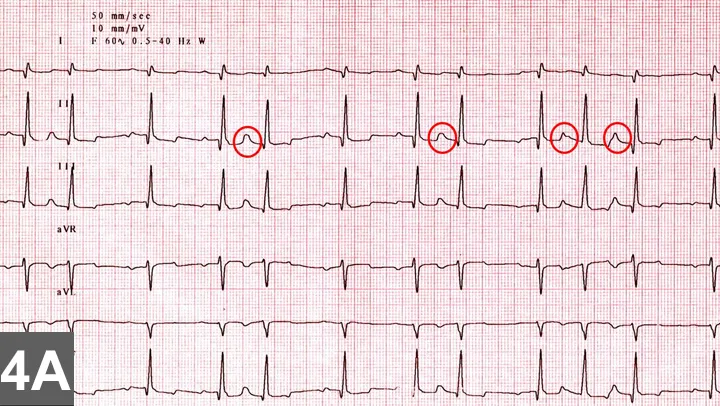
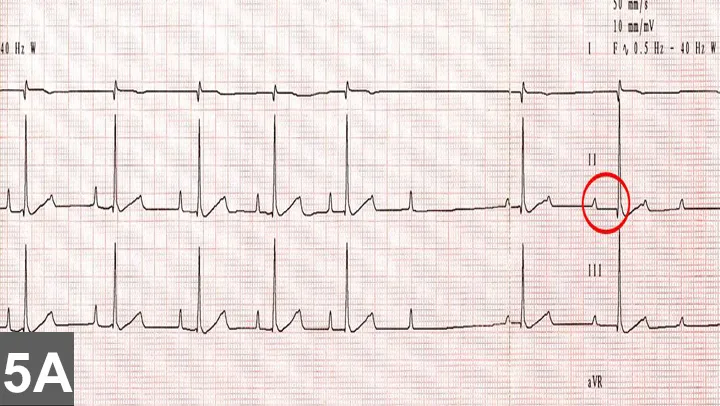
If you have any worries about your pet’s heart health, the best thing you can do is visit us! At Coast to Coast Cardiology, we have 12 distinct locations, but we deliver on one goal no matter what: treating the patient, not just the signs. To schedule an appointment, contact us online or call 844-582-3827 today.


